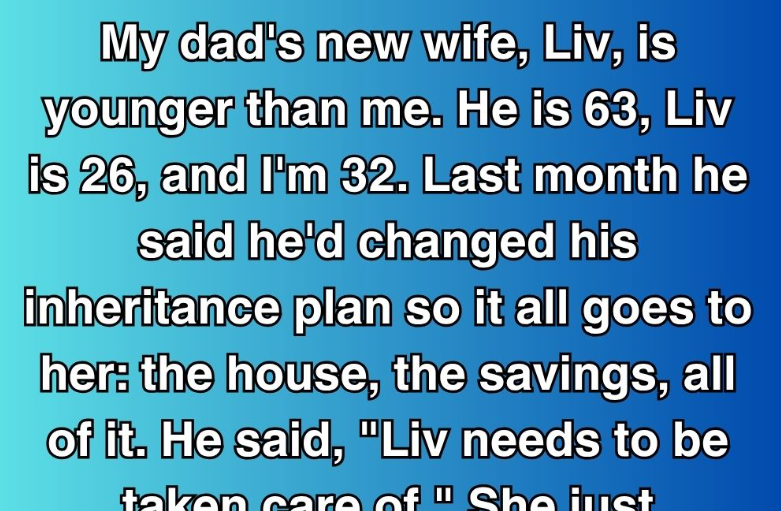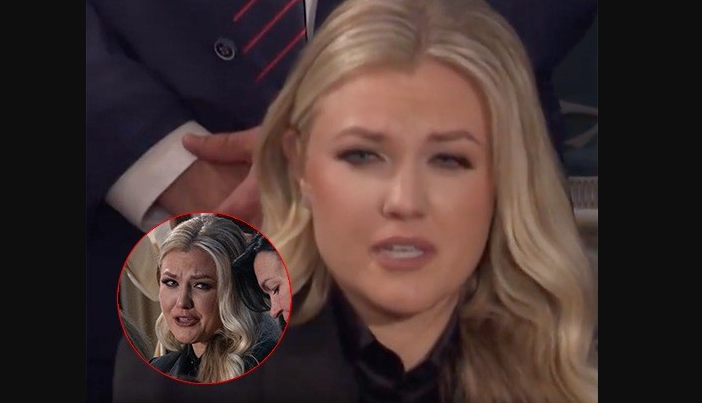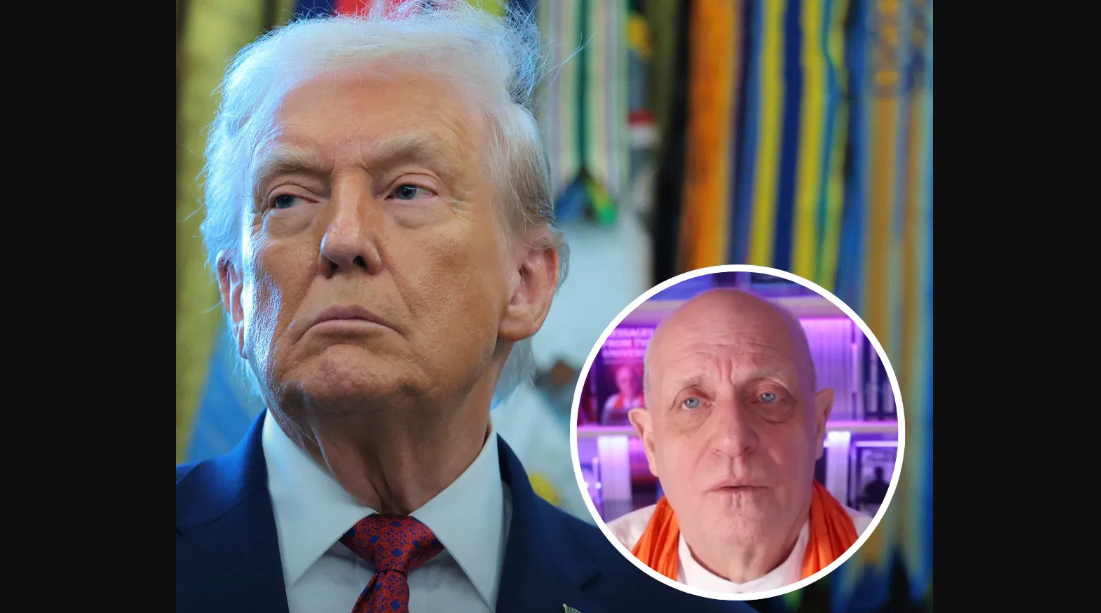My father’s new wife, Liv, is younger than I am. He’s 63, she’s 26, and I’m 32. Last month, he revealed he’d revised his inheritance plan, directing everything to her—the house, the savings, the entire estate. He explained, “Liv needs to be provided for.” She gave a slight smirk. So, at the next family dinner, their faces paled when I arrived with a lawyer.
The lawyer wasn’t a random choice—it was Janessa Kwon, a college friend who now focuses on estate law. My intention wasn’t to create drama. I brought her to ask questions calmly, over plates of pasta and glasses of wine. Even so, the atmosphere grew tense.
Liv wore a pearl-white dress, as if headed to a bridal celebration. Dad had on his usual blue polo, reserved for “special dinners.” They sat close at the table when I walked in with Janessa. Liv’s eyes flicked to Janessa’s briefcase, her lips curving into a strained smile.
“Who’s your guest?” Dad asked, his tone guarded.
“This is Janessa, a friend,” I replied. “She’s here to help clarify a few points about the new will you mentioned. Nothing to worry about—just a conversation.”
Liv’s hand darted to her wine glass. Dad cleared his throat and motioned for us to take our seats.
The issue wasn’t solely about money. I’ve worked diligently, built a stable life, and own a modest condo while working in urban planning. But my mother passed when I was 12, and the house we lived in was hers before she met Dad. Her parents contributed to its purchase. It was meant to remain in our family. Now, he planned to leave it to someone barely older than my niece.
“Out of curiosity,” Janessa began, opening her folder with a calm demeanor, “was the will updated before or after your marriage?”
Dad frowned. “After. We married last November, and I signed the new will in December.”
“And you were fully aware and capable when you signed it?” Janessa asked.
His eyes narrowed. “Obviously. What are you suggesting?”
Liv interjected, her voice soft but pointed. “This feels a bit… confrontational, doesn’t it?”
“I believe,” I said carefully, “we need transparency here. Dad, when you shared the inheritance news, you didn’t ask how I felt. You only mentioned Liv needing to be ‘provided for.’ Why? She’s young, healthy, and, from what I’ve heard, doesn’t have a job.”
Liv’s smile vanished, her composure shaken.
“I care for your father,” she said sharply. “He’s older and needs support.”
“He runs 5Ks and still climbs ladders to clean the gutters,” I countered. “He doesn’t need a caregiver.”
Dad pushed his chair back, looking weary. “I made the change to avoid disputes after I’m gone. Liv’s my wife now. That’s the final word.”
But it wasn’t.
Two weeks later, my cousin Mateo, who works at Dad’s bank branch, called me. He couldn’t share details but hinted something seemed unusual—large withdrawals, strange wire transfers, significant cash moving elsewhere.
That sparked my investigation. Not out of spite, but because I didn’t trust her.
I spoke with neighbors, and one mentioned a young man visiting Liv during Dad’s weekly poker nights. Always around 7:30, gone by 9, driving a black sports car.
I mentioned it to Dad casually. He blinked. “No clue. Probably a friend. Liv says she doesn’t have visitors when I’m out.”
Sure.
Then Janessa uncovered something in property records: a downtown condo purchased in Liv’s maiden name four months ago, paid for entirely in cash.
“Does your dad know about this?” Janessa asked.
“I doubt it.”
I held off. I didn’t want to shatter him. He seemed content, even if I resented his naivety. But then an incident pushed me to act.
Dad landed in the hospital after a minor fall in the yard. I rushed to his side, finding him groggy but stable. Liv was absent.
“She’s at a spa retreat,” he mumbled. “Didn’t want to cancel.”
A spa retreat. While he was in the ER.
That’s when I laid everything out.
I told him about the condo, the mysterious visitor, the cash transfers. I showed him photos I’d taken of the black car outside the house.
He didn’t accept it immediately. But I saw doubt take root, like a hairline fracture in glass.
A week later, he called, his voice hollow. “You were right.”
Liv had disappeared, taking the remaining cash with her. He checked the condo—vacant. Her phone, disconnected.
He was humiliated, heartbroken. I felt anger—for him, and partly for myself. Mostly, though, I was relieved the deception had ended.
What happened next caught me off guard.
With Janessa’s guidance, he revised the will again. But he didn’t simply leave everything to me.
He established a scholarship fund in Mom’s name, fulfilling her dream to support single mothers returning to school. He even allocated a portion for Mateo for his heads-up, which brought tears to our family’s eyes.
As for me, I inherited the house. More importantly, I regained my dad.
He apologized in his awkward, quintessential dad way, admitting he’d “lost his head for a bit.”
I laughed harder than I had in years.
Months later, he joined a widower’s support group to “talk things out.” There, he met Marisol, a retired music teacher—kind, wise, and closer to his age.
They’re moving slowly, taking their time.
Liv may have vanished with some money, but in the end, karma worked its magic. It brought our family closer together.
The lesson? Love shouldn’t spark suspicion. If it does, trust your instincts.
And maybe keep a lawyer friend like Janessa on speed dial.
If this story resonated or gave you pause, share it or give it a like. Someone out there might need to hear it.







